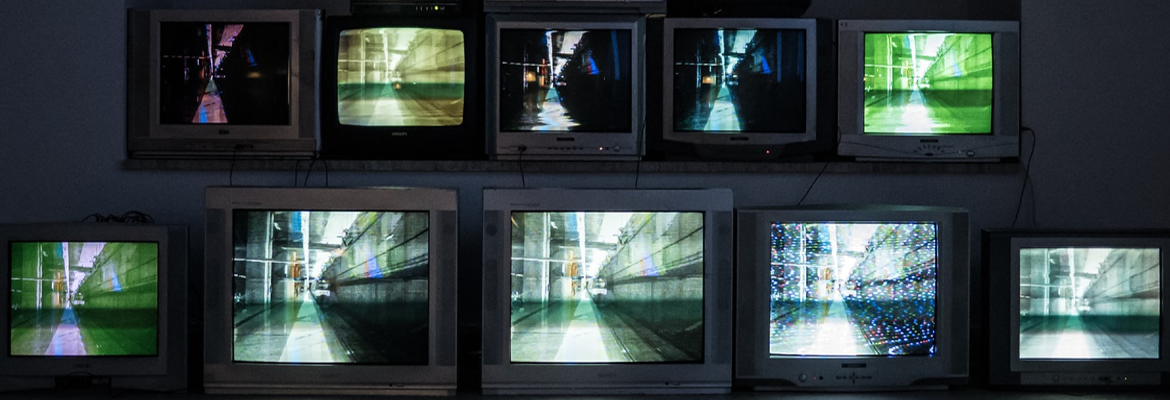Accelerating nurse training without impacting the quality of education, by leveraging LWM (large whatever models) to provide individual feedback to students and help teachers how to optimize teaching.
High-quality education and training of nurses are of utmost importance to keep high standards in medical care. Nevertheless, as the covid pandemic has shown quite impressively, there are too few healthcare professionals available. Therefore, education and training of nurse students, or adapting the training of nurses is challenged to accelerate, to have manpower of nurses available when it is required. Still, accelerating training often comes with reduced quality, which can easily lead to bad qualifications and, in the worst case, to a lethal outcome.
Thus, in nurse training a pressing question is, how to optimize and with it accelerate training without suffering in quality.
One of the significant questions for teachers in training nurse students is to understand the state of a student’s education. Are some students in need of more repetitions? which students can proceed to the next level, who is ready to get in contact with actual patients? In this regard, optimization of training means to individualize, not only individualize the training of students but also individualize the feedback and information a teacher gets about their way of teaching.
We believe this to be a field where Artificial Intelligence (AI) and more specifically the application of foundational models (LLMs large language models, paired with other methods of machine learning) can provide real support.
In the first part of this microproject, together with Nurse-Teachers of the University of Southampton, we want to define and design an LWM that fits the requirements of nurse training. For this, 2-3 nurse teachers from Southampton will visit DFKI in order to get a feeling for systems that are available, and also what applications are feasible. In turn, researchers of DFKI will visit the nurse training facilities in Southampton to get a better picture of how nurse training is conducted. At the end of this first phase of the microproject, an LWM (large whatever model) is defined (existing LLMs combined with additional features and data sources, as required).
In the second phase, this LWM will be implemented and tested against videos of recorded training sessions. Specific focus will be set on:
• How to understand the action of a particular person?
• Actions taken by the trainee, are they correct or false? What would have been the correct action?
• Which teaching efforts work and which do not as much?
• Which useful suggestions and feedback can be provided to the trainees and teachers?
Depending on the outcome of this microproject, in a follow-up project, an online LWM system could be installed at the facilities of the University of Southampton, where the effects of direct feedback on teaching and performance, could be evaluated.
Output
1) Definition and design of the LWM will be documented and if possible published in an adequate scientific journal
2) Developed algorithms and results will be published at a scientific conference (AI and possibly also medical)
3) The developed LWM will be made available to be used in a follow-up project
Project Partners
- DFKI, EI, Agnes Grünerbl
- Health Department, Unviversity of Southampton, Eloise Monger
Primary Contact
Agnes Grünerbl, DFKI, EI



